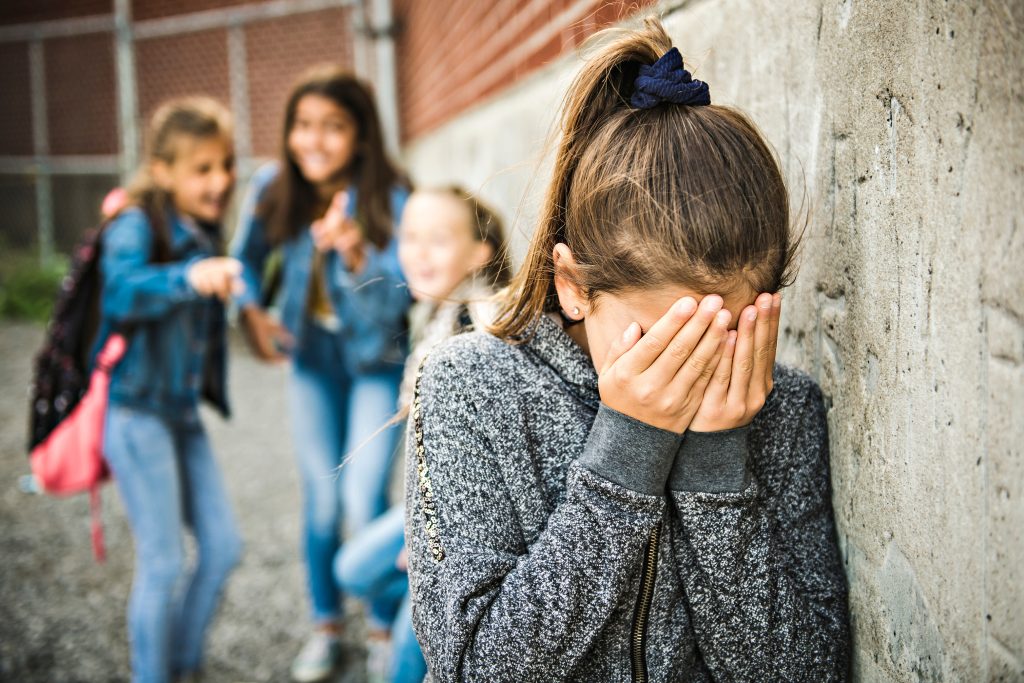Imagine your child storms through the front door after school with a head of steam, mutters angrily that they hate their best friend and slams the door as they retreat into their bedroom, leaving you feeling confused, worried and helpless. I’m guessing that most parents of middle and high schoolers, especially daughters, have experienced such a scene. So, what’s a parent to do?
Most kids need time alone after school to digest their day and calm themselves down. Once they’ve quieted down, I’d ask if they want to talk about it, and if they say yes, I’d go into full listening mode. That means no interrupting, making it about you or doling out advice. Most kids want their parents to just listen and understand their feelings. What I would not do is lecture them to move on from the friendship. They interpret that as you not understanding or caring.
Researchers in the 1930s described the two ways most people respond to fearful or stressful situations as fight or flight. That seemed to be all well and good until women researchers 60 years later discovered that those initial studies were done with only male participants. When females were studied, they usually reacted to fear with a “tend and befriend” response. Women often connect with others as a way of coping with stress. Historically, close bonds mean survival and being left out leads to death. Most girls I work with today have a hard time handling conflicts with friends directly because they are so afraid of losing them and possibly the whole friend group.
First and foremost, listen to your child’s story, empathize, let them know that what they’re feeling is normal and fits the situation, and perhaps pepper in a story about a time in your youth when you experienced something similar. What they need is for their feelings to be validated, i.e., “That really stinks. It makes sense why you’re feeling this way. It can be really hard to move on from friends, even ones who don’t treat you well.” Ask them if they tried setting boundaries and maybe even have them show you how. With girls in particular, they have been conditioned not to be too assertive because it’s mean, so they may need feedback and practice about making eye contact and using a firm voice.
Have them brainstorm more ideas about what they can do about the problem. I encourage girls I work with to make a list of the qualities of a best friend forever (BFF). This includes qualities important to them as well as how they want to be treated by friends. They go to school and extracurricular activities with that list in mind and look for peers who seem to match it. Spending time with someone who respects them and treats them as they deserve can open their eyes to the other friends’ mistreatment and give them the courage to move on.
The most common feeling I hear girls express once they do leave a toxic friend is relief. They often aren’t aware of how exhausting it’s been dealing with the situation. They can then use this experience to build more confidence that they deserve to be treated well in friendships. Watch your emotions, watch your judgments, support them in ways that feel good to them and respect their need to tend and befriend.
Tim Jordan, M.D., is a Behavioral Pediatrician who counsels girls aged grade school thru college. Listen to his weekly podcast, Raising Daughters, to gain information on raising strong, resilient girls. For more info on Dr. Jordan’s retreats, summer camps and books visit drtimjordan.com.
